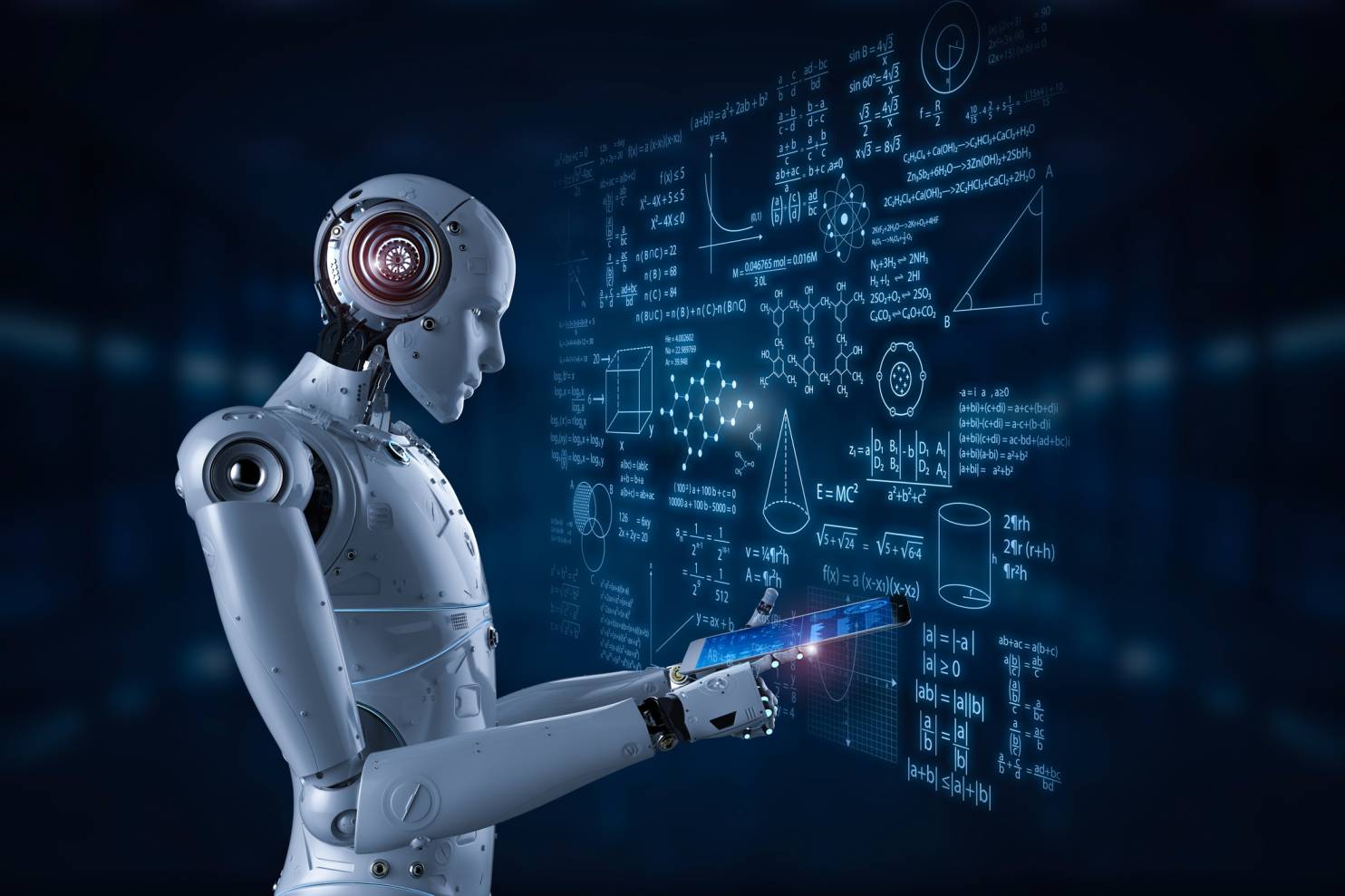CHENGDU, CHINA – AI doctors and real doctors held an evaluation for the first time in Chengdu Haiersen Hospital, Southwest China’s Sichuan Province recently, local media reports said.
In the 91 cases reviewed, an AI doctor, “MedGPT”, and the attending doctors reached 96 percent agreement on case results; the Global Times cited the hospital as saying on Monday.
According to the sponsor, Haiersen Hospital, more than 120 patients and ten attending physicians from West China Hospital participated in the assessment research.
According to the event organizers, this was the first evaluation exercise completed by an AI doctor in China.
There were seven departments and eight consultation desks on-site, including two cardiology units, urology, orthopaedics, etc.
Each consultation desk was equipped with a doctor’s assistant responsible for communicating the patient’s symptoms to the AI doctor “MedGPT” in written form, while the real doctor also received the patient’s information synchronously in the consultation system.
“This evaluation is not a competition between AI and real doctors. The purpose of developing MedGPT is to hopefully use this AI doctor to assist real doctors in consultations through continuous optimization, the hospital staff member said, according to China News.
“MedGPT” mainly works in the primary diagnosis of patients, such as common illnesses like headaches and fevers, helping real doctors understand and judge the possible range of diseases.
Medical AI can help patients better understand their symptoms and how to manage their diet during treatment.
In this evaluation, both MedGPT and real doctors analyzed the same cases, and their responses were compared in real-time on separate screens.
Seven experts from Peking University People’s Hospital, China-Japan Friendship Hospital, Beijing Friendship Hospital, and Fuwai Hospital reviewed 91 cases and scored the AI doctor’s consultation, diagnosis, treatment suggestion, auxiliary examination scheme, data analysis accuracy, provision of explainable information, and fluency in the natural language during the consultation.
The results show that real doctors scored an average of 7.5, and the AI doctor “MedGPT” scored an average of 7.2.
The consistency of the scoring results between the AI doctor and the attending doctors from West China Hospital reached 96 percent.
Currently, the AI doctor “MedGPT” can diagnose more than 3,000 common diseases, and the number of diseases it can diagnose will significantly increase by the end of the year when the first phase of testing is complete, a staff member told the Global Times on Monday.
Now the use of AI in clinical practice is becoming increasingly popular, and the advantages of related technologies in fine operations such as disease diagnosis and surgery are still very prominent, a doctor of Peking University Third Hospital who has used AI technology for help told the Global Times.
For example, AI can make a clear diagnosis based on a series of examination results, such as the patient’s film and has a very surprising success rate.
But AI technology still has room for improvement, and the current technology cannot completely replace a trained specialist, he noted.
Current AI technology can only be carried out following the established procedures set, and once there is an error, it will have severe consequences, so the doctor also needs to supervise and adjust the whole application process of AI technology.

